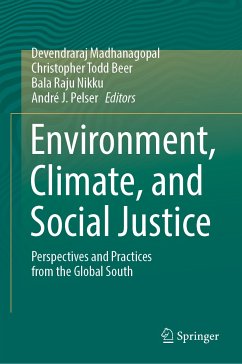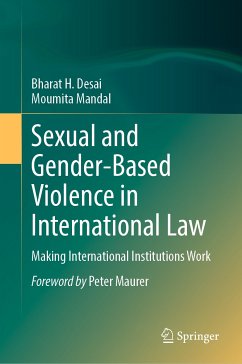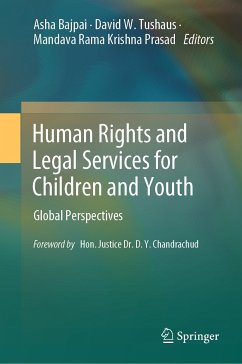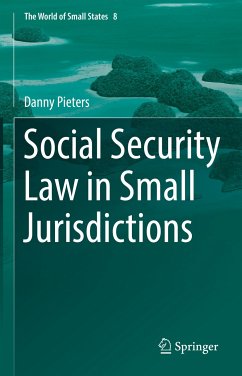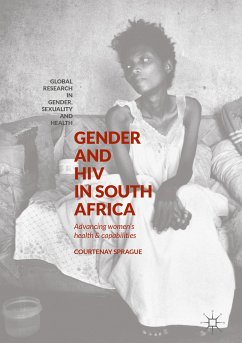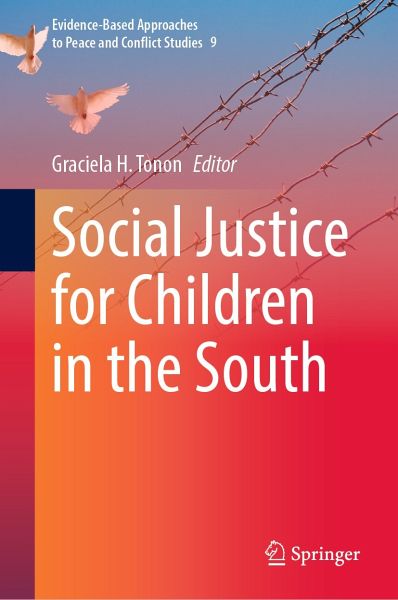
Social Justice for Children in the South (eBook, PDF)
Versandkostenfrei!
Sofort per Download lieferbar
72,95 €
inkl. MwSt.
Weitere Ausgaben:

PAYBACK Punkte
36 °P sammeln!
This book considers that contextual factors are important for the achievement of social justice and it recognizes that vulnerability to which children are exposed is a phenomenon throughout the planet, particularly in the South. It presents a theoretical review of social justice as well as different situations of vulnerability children experience in their daily lives in which they can be injured, affecting their well-being and the exercise of their rights. It examines the impact of the COVID-19 pandemic on children, considered as a vulnerable group warranting special social policy consideratio...
This book considers that contextual factors are important for the achievement of social justice and it recognizes that vulnerability to which children are exposed is a phenomenon throughout the planet, particularly in the South. It presents a theoretical review of social justice as well as different situations of vulnerability children experience in their daily lives in which they can be injured, affecting their well-being and the exercise of their rights. It examines the impact of the COVID-19 pandemic on children, considered as a vulnerable group warranting special social policy considerations. It also presents the need to change power structures in knowledge production and decision-making processes to achieve social justice for children; the importance of investing in children; the exclusion of children from participation in certain activities and the shame of not being able to participate in equal conditions with others; the lives of migrant children belonging to ethnic minorities exposed to language barriers and access to technological devices; and the analysis of the process of social re-integration of children from conditions of armed conflict. The book concludes that governments need to assume social justice as part of universal human interests, providing security, conditions for well-being, and guaranteeing social justice for all children.
Dieser Download kann aus rechtlichen Gründen nur mit Rechnungsadresse in A, B, BG, CY, CZ, D, DK, EW, E, FIN, F, GR, HR, H, IRL, I, LT, L, LR, M, NL, PL, P, R, S, SLO, SK ausgeliefert werden.



